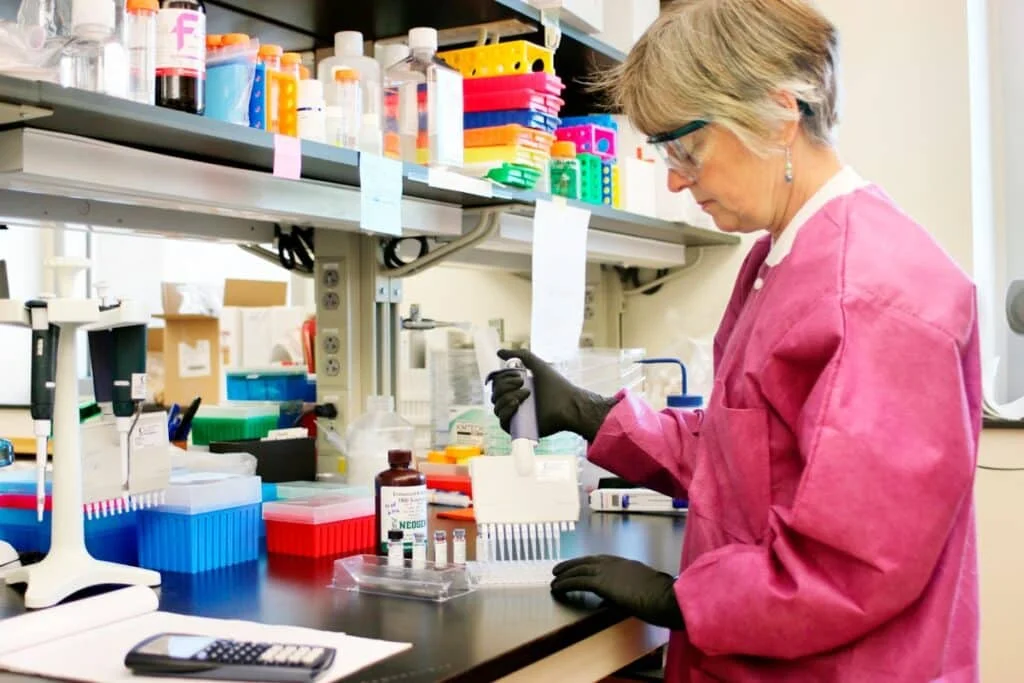In the ever-evolving field of healthcare, biotechnology stands at the forefront of one of the most transformative eras in medical history. Personalized medicine, with its promise of tailored healthcare solutions, has transitioned from a hopeful vision to a tangible reality, thanks to recent biotechnological breakthroughs. This article delves into the current landscape of personalized medicine, highlighting the innovations that are setting the stage for a future where treatments are as unique as the individuals receiving them.
Decoding the Blueprint of Life
At the core of personalized medicine is genomics—the study of an individual’s genes and their functions. The completion of the Human Genome Project in 2003 was a milestone that laid the groundwork for personalized medicine by mapping the entire human genome. Today, biotech firms are leveraging this vast repository of genetic information to develop targeted therapies that address the genetic foundations of diseases.
Cracking Cancer’s Code
Cancer treatment is at the forefront of personalized medicine, with biotech breakthroughs enabling more precise and effective approaches. CAR-T cell therapy, a revolutionary treatment, modifies a patient’s T-cells (a type of immune cell) to attack cancer cells. This therapy has shown remarkable success in treating certain types of leukemia and lymphoma, offering hope to patients who have exhausted other treatment options.
Beyond One-Size-Fits-All
The traditional “one-size-fits-all” approach to medication is being replaced by pharmacogenomics, a field that examines how an individual’s genetic makeup affects their response to drugs. This knowledge enables healthcare providers to prescribe medications that are more effective and have fewer side effects, enhancing patient care and safety.
The Microbiome and Personalized Nutrition
Emerging research into the human microbiome—the vast community of microbes living in and on our bodies—has unveiled its significant impact on health and disease. Biotech companies are exploring how personalized nutrition, based on an individual’s microbiome composition, can prevent and treat diseases, from obesity to chronic inflammatory conditions.
Wearables and Real-Time Health Monitoring
Wearable technology has become a critical component of personalized medicine, allowing for continuous monitoring of vital signs and other health indicators. These devices provide a wealth of data that can be used to customize health and wellness plans, monitor chronic conditions, and even predict health events before they occur.
Challenges and Ethical Considerations
While the potential of personalized medicine is immense, it also presents challenges. The high cost of developing and delivering personalized treatments can limit access to these breakthrough therapies. Additionally, the collection and use of genetic and health data raise significant privacy and ethical concerns that must be addressed.
Looking to the Future
The future of personalized medicine is bright, with ongoing research and technological advancements promising even more innovative treatments. Bioprinting, the use of 3D printing technology to create living tissues and organs, holds the potential to revolutionize transplant medicine. Meanwhile, artificial intelligence (AI) and machine learning are being used to analyze vast amounts of genetic data, accelerating the discovery of new therapies and diagnostic tools.
Conclusion
Biotech breakthroughs in personalized medicine are ushering in a new era of healthcare, where treatments are tailored to the individual, promising improved outcomes and a higher quality of life. As we continue to unlock the mysteries of the human genome and harness the power of technology, the dream of truly personalized medicine is becoming a reality. The journey ahead is fraught with challenges, but the potential benefits to humanity are undeniable.

